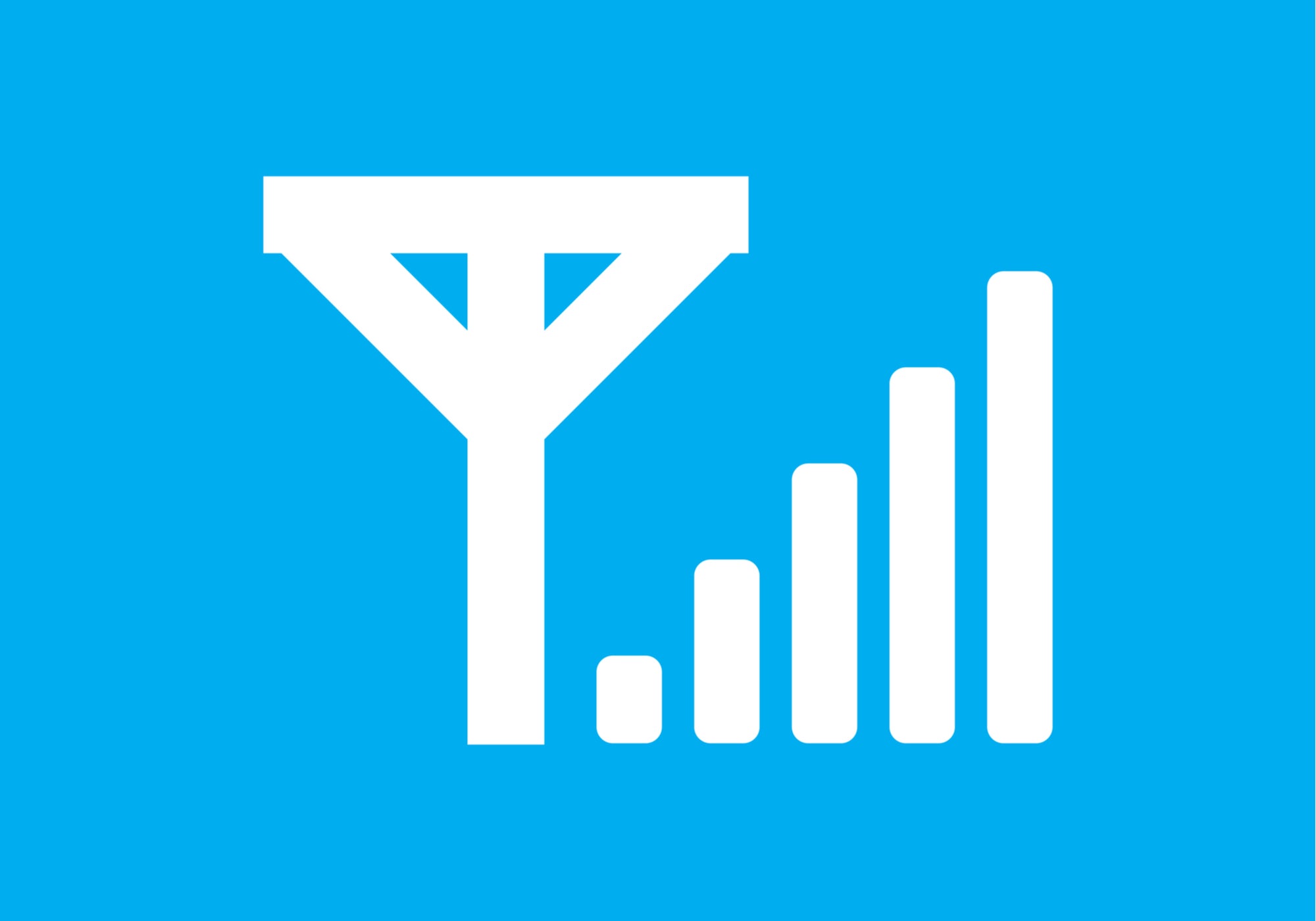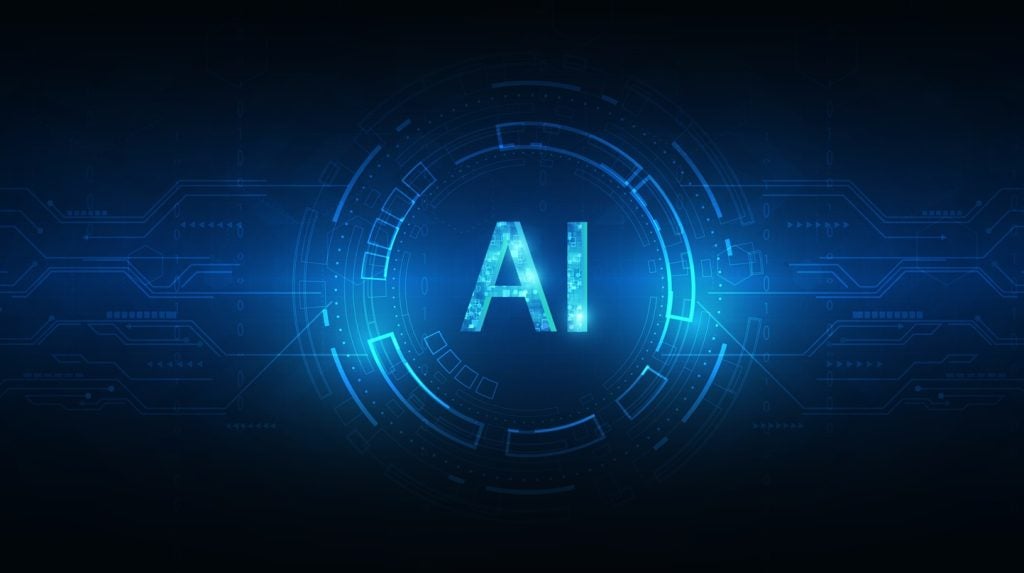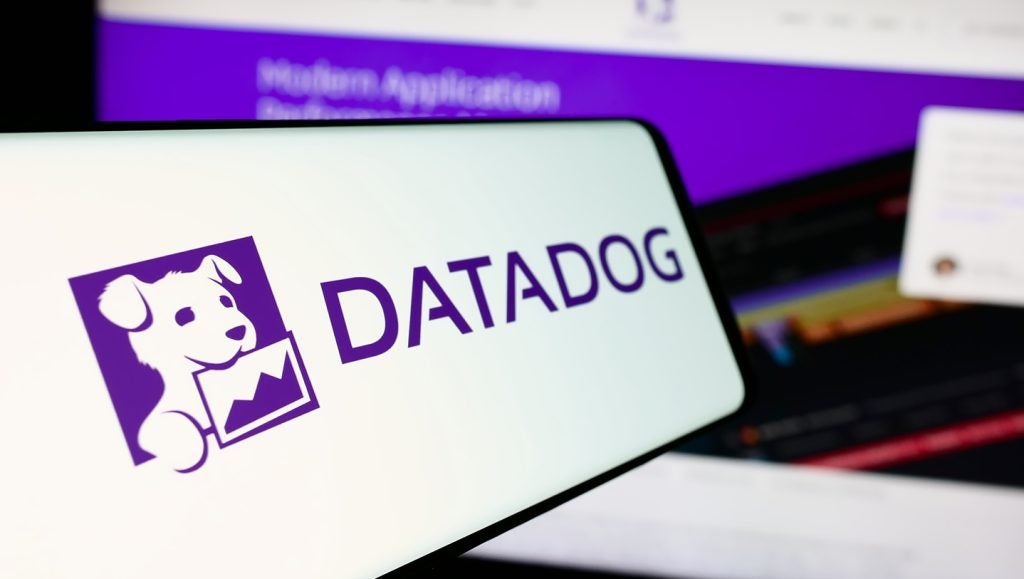
On Wednesday morning the UK’s Supreme Court will hand down a judgement in a high-stakes intellectual property case between Chinese telecommunications giant Huawei and patent holder Unwired Planet.
The dispute centres around patents held by Unwired Planet for 2G, 3G and 4G wireless communication technology that are used by Huawei.
However, it is not the patents themselves that are disputed, but the underlying principles by which patent licences are awarded. This means tomorrow’s judgement will have far-reaching ramifications for how technology licences are awarded and enforced across the wider technology industry, and could affect patent licences for 5G technology.
What’s being disputed?
There are four areas of complex intellectual property law at play. But the key question the Supreme Court will answer is whether English courts have the power to arbitrate licence disagreements for patents deemed essential to a technology standard – known as SEPs – at a global scale.
Disputes over SEPs tend to consist of two competing sides: the innovators (Unwired Planet) and the implementers (Huawei).
SEPs come with safeguards to prevent the patent holder – the innovator – from charging extortionate fees to the implementer of the patent. At the same time, those that have invested time and money to advance the technology are granted protections to ensure innovation is rewarded. As a result, SEPs must be made available on a licence that is fair, reasonable and non-discriminatory – or FRAND.

US Tariffs are shifting - will you react or anticipate?
Don’t let policy changes catch you off guard. Stay proactive with real-time data and expert analysis.
By GlobalDataThe Supreme Court judgement will also decide whether English courts should have the power to determine the rates and terms for patent licences, as well as the jurisdiction to declare whether rates and terms are FRAND.
Why is it being disputed?
The FRAND framework can result in a tug of war between innovators and implementers, known as ‘hold-up’ and ‘hold-out’.
“Hold-up is the concern that if someone has a standard-essential patent, and can get an injunction on it so that no one can use that technology in a given country, they can effectively hold everyone to ransom,” says Andrew Sharples, partner and UK & European patent attorney at EIP, the law firm representing Unwired Planet.
“That’s the concern. And that is why the standard-setting organisations require companies to give an undertaking to make licences available to their patents on FRAND terms.”
On the flip side, a hold-out approach could see implementers delay licence negotiations for as long as possible to pressure SEP holders into offering terms below their rate.
“This is the idea that implementers, particularly very large implementers, can use the technology – because it’s all published – sell it all around the world, and can delay negotiations and effectively refuse to take a licence until they’re brought before the courts,” explains Sharples.
“And then, if the court only rules on a country by country basis…. you’re only ever going to get a fraction of what the royalties should be because it’s simply not practical to sue in every country.”
Huawei v Unwired Planet: The story so far
In 2014 Unwired Planet sued Huawei for breaching its patent licences. In 2017, the High Court sided with Unwired in what was described as the “decision of the decade”. Huawei took the case to the Court of Appeal in 2018 but was unsuccessful. This left the Supreme Court as Huawei’s final legal avenue and means the judgement will be final and binding, with that trial hearing taking place in 2019.
Unwired Planet has argued – so far successfully – that having to negotiate a patent licence on a country-by-country basis would incentivise hold-out strategies from implementers such as Huawei. Huawei has disputed this.
In 2018, the English Court of Appeal recognised that it would be “wholly impractical” for an SEP holder to negotiate on a country-country-basis.
This ruling will also affect a case running in parallel between Huawei, ZTE and patent holder Conversant, which will determine whether the Chinese court is the appropriate place to set licence terms.
Tomorrow’s decision, announced at 9:45am BST, will have far-reaching consequences for standardised technologies that could be subject to litigation.
“What the Supreme Court decides tomorrow will have a big impact on that because it’s being looked at not just in this country, but around the world, and that will be one of the leading judgments internationally in this area,” adds Sharples.
Read more: Trump’s TikTok-WeChat ban could be a boost for Huawei







